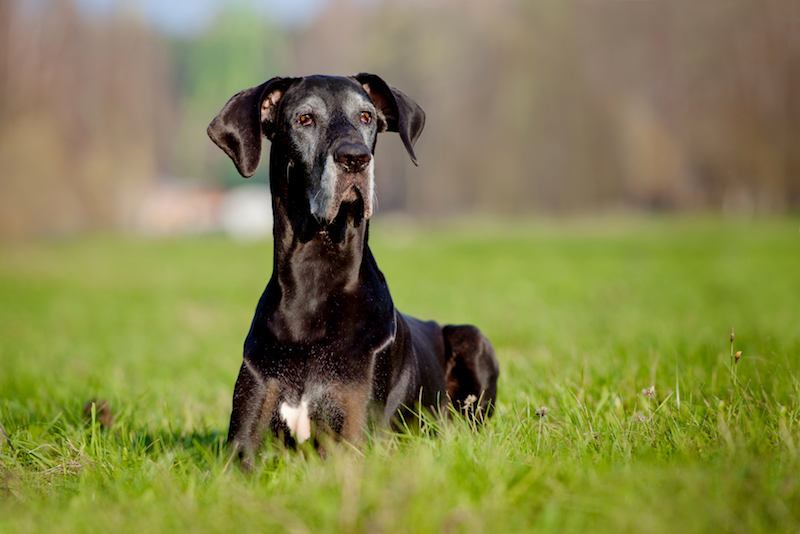If you are not familiar with knuckling or just don’t know the term, it describes when a dog drags the top of his paw on the ground as it walks. There are numerous reasons why a dog may start paw knuckling, including a temporary habit that he will outgrow, illness, or a medical condition that can be fatal. Knuckling is not restricted to a particular life-stage or age, and can be seen in dogs from puppyhood to old age.
If you notice that your dog is paw knuckling, it is important to get him to your veterinarian so that the cause of the knuckling can be diagnosed, and proper action taken.
Causes of Canine Paw Knuckling
There are a few different reasons why a dog might paw knuckle:
Carpal Flexural Deformity: This is when a puppy (usually under four months) has hyper-flexed wrists which cause it to knuckle. This condition is most likely to be seen in larger breeds, but goes away on its own; however, it is necessary to consult your veterinarian in case a change in diet becomes necessary in order to help correct the deformity.
Fibrocartilagenous Embolism: A spinal condition occurring as a result of vigorous exercise or activity resulting in injury, which mostly occurs in large dog breeds. The injury is the result of a piece of an intervertebral disc breaking off and entering a blood vessel, developing an embolism or more often a blood clot. The condition can be diagnosed by your veterinarian, and may be treatable; however, it is generally not fatal.
Paw Injuries: If there is a sudden onset of paw knuckling then it is most likely due to some type of injury. Check your dog’s paw for any type of injury including sharp objects lodged into his foot. For example, a large thorn may be causing pain whenever he puts pressure on his foot. If you live in a particularly hot climate (or visiting such a place) he may have burned his foot pads on the hot pavement, so check for that as well. If you don’t notice anything out of the ordinary by the problem doesn’t go away on its own within a day or two, then it is important to see your veterinarian to find out what the problem is.
Intervertebral Disc Disease: IVDD impacts shock-absorbing discs in a dog’s vertebrae. The discs can experience degeneration, usually caused by advanced age. If your dog develops IVDD you will notice stumbling while moving, developing an odd gate, or start paw knuckling. A prompt visit to the veterinarian is absolutely crucial.
Degenerative Myelopathy: This condition is the result of the degeneration of the thin sheathing that covers the spinal cord, called myelin. This results in the dragging and/or knuckling of the rear paws. The dragging or knuckling is especially pronounced if the dog is doing a turn. Though there is no physical pain involved with this disease itself, it is progressive, and can results in other injuries due to falls.

